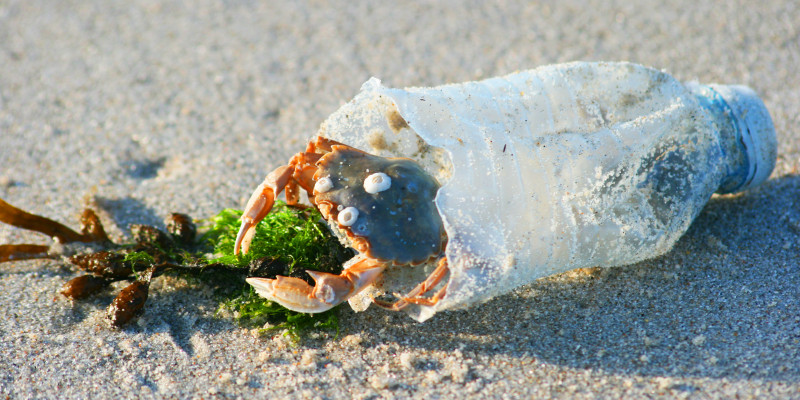Litter, particularly dominated by plastics, is considered one of the greatest threats to the marine environment. To counter this problem, in addition to other activities, Germany is participating in the implementation of the Regional Action Plan on Marine Litter for the Baltic Sea. One of the measures intended by the plan addresses the design of products and services as a key factor. In this context, members of the UBA staff team organised an international workshop to take a detailed look at the question of the extent to which ecodesign is able to prevent marine litter. The workshop was held in cooperation with the Secretariat of the “Baltic Marine Environment Protection Commission – Helsinki Commission” (HELCOM) and the Interreg project “EcoDesign Circle”.
Its objective was to enable representatives from the design sector, the worlds of industry and research as well as authorities and non-governmental organisations, to network and jointly formulate ecodesign principles so as to prevent inputs of litter into the sea in the future. In this respect, the focus was on single-use plastic products which are found particularly often in the marine environment.
At the one-day workshop, a joint understanding of ecodesign was initially developed in the form of group work, discussions and presentations, as a result of which the principles of marine litter in terms of the life cycle of products were derived. It became evident that designers have an important role to play in solving the problem of the pollution of the world´s oceans with man-made products. Through the choice of materials, the product composition, the duration of use as well as the product’s fate at its end of life, they can make a major contribution to the prevention of litter.
According to the current level of knowledge, from the perspective of protecting the seas, the frequently mentioned option of using biodegradable materials as a solution to the problem of marine litter is to be viewed with caution, however. The factors that allow for the biodegradability of many materials, such as consistently high temperatures, do usually not exist in the marine environment.
The results of the workshop are now set to be discussed in the scope of the committee work of the HELCOM Convention and addressed in further detail by design centres in the scope of the EU project „EcoDesign Circle”. Here is a report about the workshop as well as an overview of the jointly prepared recommended actions.
 Click to enlarge
Click to enlarge
